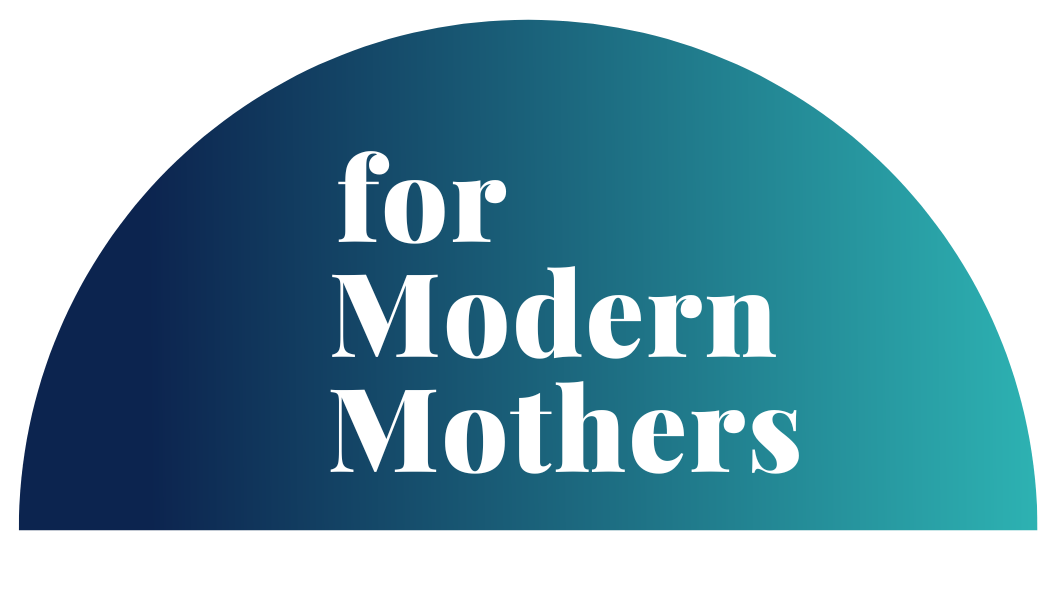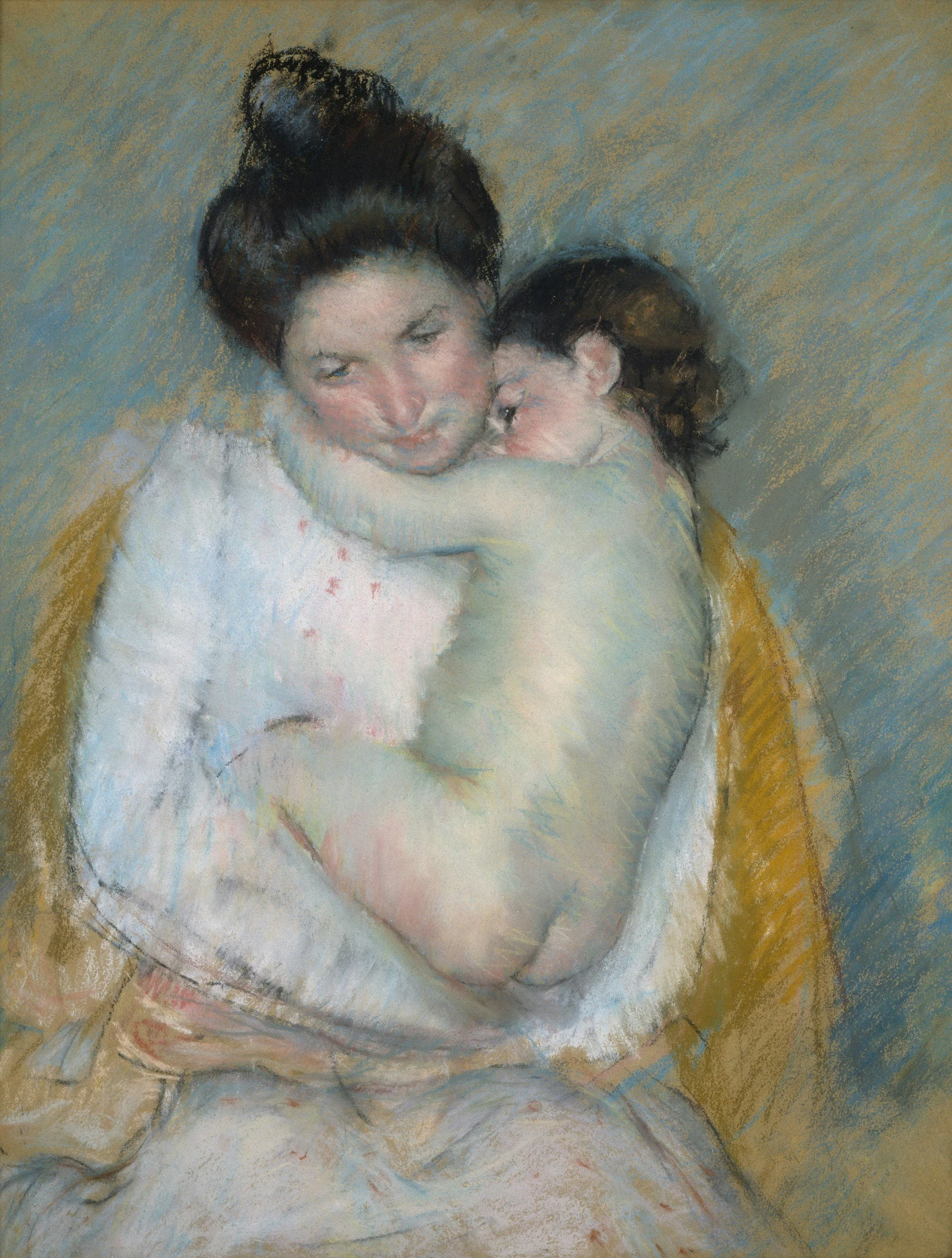You're not supposed to do it alone!
So I wanted to write a blog post about the importance of community and the village that it really does take to raise a child.
To do this I wanted to tell you about a concept called ‘alloparenting’. This is something that we as humans have done and how we adapted to parented our babies and children forever ago. By knowing about alloparenting it can really help you to make sense of why motherhood feels hard, can feel so isolating.
What is alloparenting?
Alloparenting is care provided to babies and children, by individuals other than the biological parents. So this could be grandparents and other relatives, as well as friends, neighbors, and professional caregivers. There were be around 8 to 12 alloparents for each child. This practice was crucial for human evolution, because it provided benefits like increased infant survival, social bonding, and support for parents. Allo means ‘other’, so Alloparent means ‘other parent’.
But here and now in the modern world this is not how most children are cared for. The expectation is that usually two primary caregivers do most of the parenting. But actually in reality economic pressure means that the vast majority of that is done by one primary caregiver, most usually the mother.
Trying to do it all by yourself (the majority of the time), on your own, is so damn hard. That’s because we weren't designed as humans to do it that way. We are trying to do singlehandedly something that 8 other adults would be helping with!
More about alloparenting and ‘the village’
Newborn babies are extremely needy. They are very helpless. They are tiny. They need constant feeding and caring for and cuddling and protecting, and that is frankly exhausting. So we as the adult needs to keep them safe, we need to feed them often, we need to keep them close by.
But that is exhausting 24/7, and so we humans evolved a mechanism to give our babies a better chance of survival. And when we would live in groups, in tribes, in hunter gatherer societies, we would parent our children and our babies very differently. Hunter gatherers were extremely successful groups of humans, and if we look at how our brains and bodies have evolved to parents, it can help us to understand how this connection of groups into tribes of people is still really relevant now today. Community coming together to share things, including the care of a baby.
There is a book by Sarah Hardy, who is a researcher and also a mother, called Mothers and Others. She talks about the Effie of Central Africa. When an anthropologist asked the Effie women who cares for the babies, her immediate answer was, ‘we all do’ By three weeks of age, babies in these tribes are in contact with their allo mothers 40% of the time, and by 18 weeks, infants actually spend more time with their allo mothers than with their gestational mothers on average. The babies have 14 different caretakers, most of whom are close kin.
According to research by Washington State University babies are within arm's reach of their father for more than half of every day.
That's so very different to how we parents in modern society. Now this doesn't mean that you need to find 8 to 14 other people to look after your baby, and that your baby should be handed round all of the time. But I'm just saying that to do it as a single person on your own for the vast majority of the day, means it is really hard and really stressful and sleep depriving and exhausting. We are not designed to do it this way. That's why it feels so hard.
For the vast majority of babies throughout human history babies were cared for by everyone in the community, not just mothers. This system of alloparenting results in much more complex social relationships and highly developed empathy and understanding of families and babies among all the humans in the group.
Some cultures, even today, still actively practice alloparenting. So indigenous communities, for example Aboriginal communities in Australia, their babies have very strong bonds with multiple adult carers.
The nuclear (ie separated) family
Instead in modern society have learned or have created the idea of more nuclear families, where adults live separately with their children from other members of their family and community. We don't live in tribes. We don't live in that shared, collective way. But actually, nuclear families are a very short term thing within the longer human history.
Finding your village - find your sanity!
So that expression, it takes a village to raise a child. Where are our villagers? How do we create better connections and communities when we are so separated from family members from other people who would have been our tribe?
As I've explained traditionally a human baby would have been cared for by eight to 14 adult carers every single day. But now babies are typically cared for by one, maybe two adults in this nuclear family. In addition most mothers prioritize their baby's wellbeing over their own. It’s the culturally accepted ‘norm’ (something that is NOT good for us, and causes burn out for so many women)
I see that day in, day out, in my classes - it's all about the baby. As long as the baby is okay, then that's the main thing. Even if things are difficult, even if the birth was traumatic, even is we are struggling physically, mentally or emotionally - it's okay, because we have the baby. And yes, the baby is important. Of course it is.
But the health and well being of the mother is also important. Please re-read that and absorb it. The health and well being of the mother is also important. It is important for the mother, but so important for the baby too. A mother who is exhausted, who is traumatized, who is stressed out, who is not able to cope - she is not able to care for her baby as well as could if she herself was emotionally and mentally in a better place.
So it's not just the mothers who are losing out. It's the babies and the families too. So to sacrifice, to martyr yourself to your baby, just leads to burnout, anxiety, depletion, depression. It's obviously not a good place to be, and it is not sustainable. So finding the village, getting support, making connection, is really, really important.
How can we lighten the load?
So if allo parenting is the biological norm, then we get a sense of the burden that we've been expected to carry, a burden that it is not sustainable.
To lighten this load we can not necessarily replicate having eight to 14 ‘other parents’. That's not realistic, and also doesn't feel right to many people (personally wouldn't feel right to me). But having connection with other mothers to share the load is really important. Having people you can talk to, to go for a walk with, to just offload when things are hard. To be able to talk about things that are going on for you, to hear other people's experience, to know you are not alone. These things are really important.
To know that it is okay, more than okay, to ask for help.
To know that you will fuck it up sometimes and get it wrong. That we are all imperfect as a mother, as a human - and that is normal.
Find your women, your community
So find a group of people that you can connect with. Going to a group or class where you can make those connections, talk to other mothers genuinely, will really help. Where you can find that support and camaraderie. Meeting other mothers in a open, supportive, non judgmental setting can lighten the load. And it can to some point, replicate this idea of allo parenting.
That is why in my mum & baby classes we always have time to chat, to check in, and to have a hot cuppa together in a supportive and friendly space. This is frankly gold dust. I see it each week, each month, each year that I teach and hold these spaces. I know it from my personal experience or finding my own tribe 12 years ago. Women who I still meet up with, go for nights out with, and go away to escape our children for a weekend with! My village.
And I think even just knowing that we're not designed as humans to do it alone, to know that we need help and support, just knowing that, I think, is a huge relief.
So I hope that has been helpful. I hope that has explained maybe and made sense a little bit, maybe some aha moments, a light bulb moment for you?
Sending love and strength as always
Susan xI.

